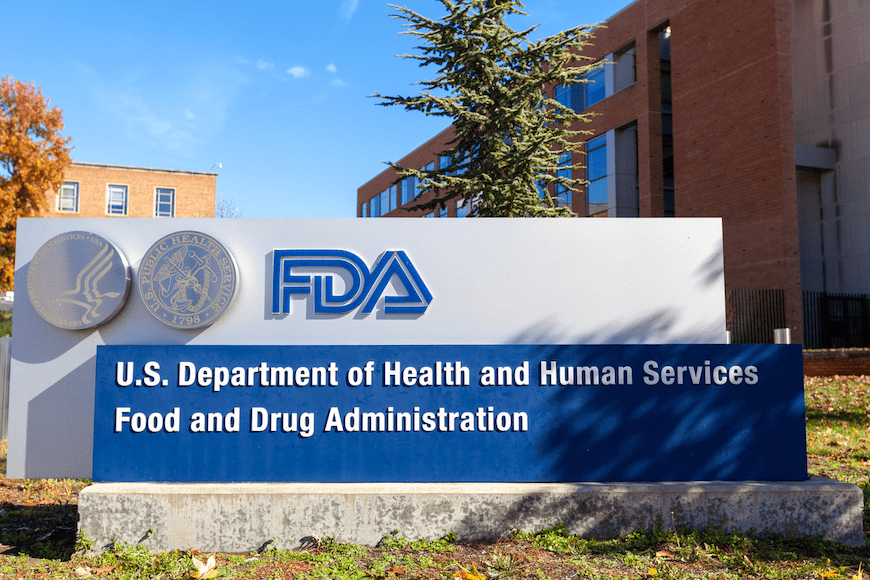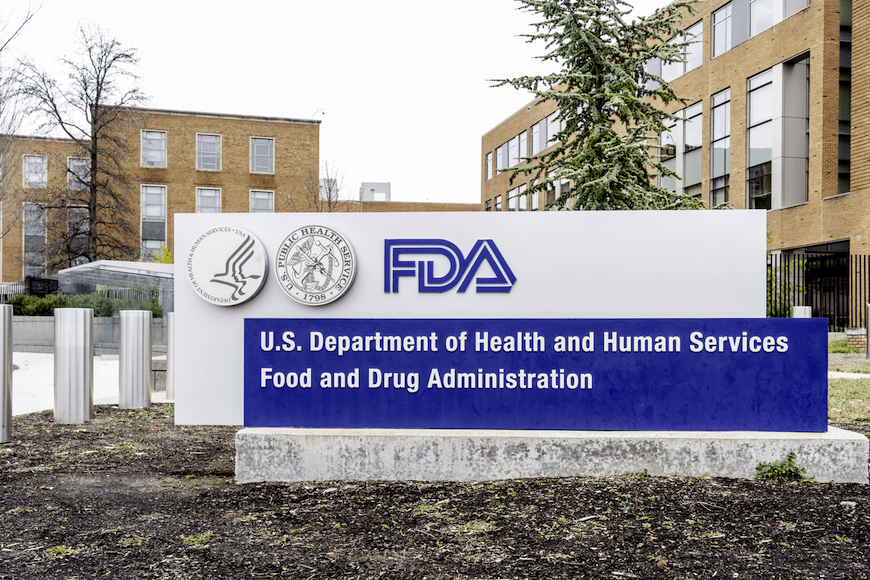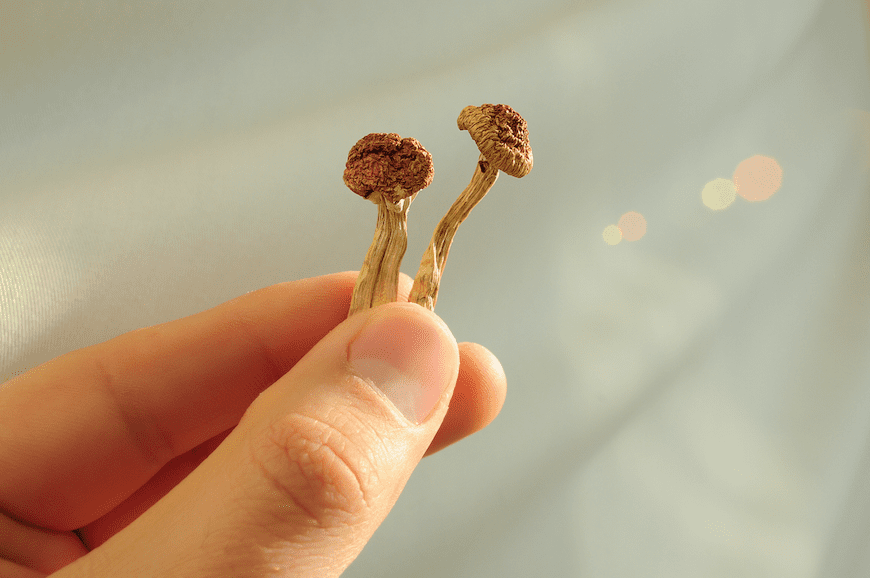Psychiatric Disorders and Psychedelic Therapies: Expanding Treatment Options for Patients
I’ve been a researcher and a clinician in difficult to treat mood disorders for over 40 years, and I believe that we’re at the cusp of a revolution in psychiatry that will transform the way we look at psychiatric illness; one which will force us to reconsider how we evaluate treatment of efficacy and significantly expand treatment options for patients. This metamorphosis will be led by the study and use of psychedelics and MDMA.
While the exact mechanisms of action (MOA) of these compounds are not fully understood, there appear to be some common threads. MDMA promotes the release of monoamines as well as the regulation of oxytocin. It also dampened stress responses seen in the amygdala.
Psychedelics appear to work mostly as a serotonin agonist at the 5-ht2 receptor causing a mind-altering state, as well as quickly ramping up neuronal connectivity and neuronal plasticity. Psychedelics also down-regulate and diminish hyperconnectivity within the complex interconnected regions of the brain, known as the default mode network, or DMN. The DMN is one of the rare brain regions with increased activity in depressive states.
In total, these agents seem to have the properties of making the brain more receptive to change. The drugs, when thoughtfully and carefully administered along with psychotherapy, can help people expand perspectives on their inner and outer perceptions and alter how their thinking processes traumatic experiences or the hyper-focused tunnel thinking created by chronic depression.
What Are the Best Targets for Psychedelic Therapy?
Probably any condition which constricts one’s thinking provokes excessive internal rumination and where a participant may benefit from an expanded perspective. Please note, the significantly transdiagnostic nature of this list. We see depression, obsessive compulsive disorder, post-traumatic stress disorder, any addictive condition (including to substances or addictive behaviors), potentially eating disorders, and possibly some of the restrictive ideation parts of autism.
Conditions which are unlikely to benefit are those in which there’s a problem with an already expanded perception like in psychotic disorders or in bipolar disorder.
What I’ve Learned As an Investigator in This Field for the Past 5 Years
1. We really don’t have our arms around the changes we see with study participants. The vegetative symptoms of sleep and appetite disturbance that we tend to focus on when evaluating depression are not as profound as the changes in self-perception and quality of life that many of us have seen. This is often accompanied by the motivation and energy to make critical life changes.
Some of my participants’ experiences are reflected in quotes like “I no longer hate my parents,” or “My world used to be in black and white and now it is in color.” These thoughts are not adequately captured by our current depression rating scales.
2. The necessity for sentence setting for preparation and dosing is critical for participants and researchers. We are putting our patients in an exquisitely vulnerable position as they have what may be a six-hour psychedelic experience. Often, when there is a history of trauma, the participant may revisit painful experiences in a very vivid way. We must be prepared to support our patients through this experience and have the wisdom to help them make these memories more tolerable and less toxic.
I worry about hastening the process of making these compounds available before we are prepared to educate therapists and provide protected and supportive environments. I’ve erred on the side of requiring therapists working in my program to have at least three years experience post-licensing and preferably with exposure to trauma work. We have generally used the two-therapist model, originally with two in the dosing room, and now moving to one therapist in the room and one observing on closed circuit TV.
3. The Availability of Psychedelic Therapy Needs to be Thoughtfully Regulated and we need to create a system that allows it. Without it, we’re not going to be making the strides we need to help some of our most burdened patients.
Scott T. Aaronson, MD is the Chief Science Officer for the Institute for Advanced Diagnostics and Therapeutics at Sheppard Pratt in Baltimore, Maryland.
This is Five Minute Pearls for The Journal of Clinical Psychiatry, in partnership with the American Society of Clinical Psychopharmacology.



